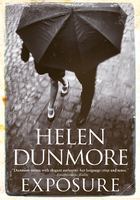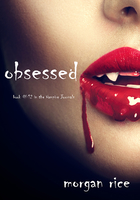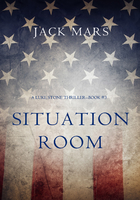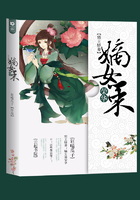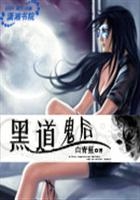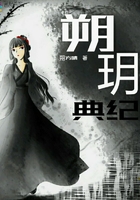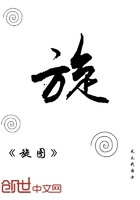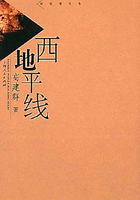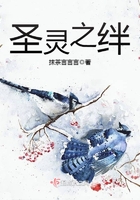In nearly four decades as an executive coach, I have worked with some of the world's most influential leaders-brilliant, highly accomplished people who have made a positive difference in the lives of millions.
Recently, I coached three physicians who are standout exemplars: Dr. Jim Yong Kim, president of the World Bank; Dr. John Noseworthy, president of the Mayo Clinic; and Dr. Rajiv Shah, administrator of the United States Agency for International Development. As part of my coaching, I suggested they ask themselves a series of questions each day, one of which is Did I do my best to be happy?
It's a pretty simple question, and these men are smart, experienced, and highly credentialed. Yet they weren't sure what to say. "Do you have a problem with trying to be happy?" I asked.
In separate conversations, all three of them answered with virtually the same words: It never occurred to me to try to be happy.
Happiness can prove elusive, even for the best and brightest among us. If we are like these dedicated doctors and leaders, it isn't even on our radar. I suspect that a different kind of misapprehension is far more common-hoping for or expecting happiness but failing to attain it. In this thought-provoking book, John Izzo asks why happiness is so hard to grasp and why it matters to be happy. He makes a compelling case that we do better individually and collectively when we understand the "thieves" that try to rob us of our innate contentment.
As a philosophical Buddhist, I find that this concept makes perfect sense. Buddha named five hindrances that hold us back in meditation and in life: sensory desire, ill will, sloth, restlessness, and doubt. In our culture today, we are hindered to a great degree by John's thieves of happiness: control, conceit, coveting, consumption, and comfort.
The need for control is such a common issue among the leaders I coach and teach that I have developed an acronym to address it: AIWATT, which stands for, Am I willing, at this time, to make the positive investment required to make a positive difference on this topic? (If not, let it go.) Conceit, otherwise known as ego, is rampant in our fame-obsessed culture, and I have seen it do real damage in the lives of otherwise promising people. Coveting and consumption are nearly unavoidable in a consumer-driven economy as the great Western disease of I will be happy when… spreads around the globe. All of us, at one time or another, have been convinced that we'd be happy if only we could get that house, car, romantic partner, big promotion, or other object of our desire. Our need for comfort can lull us into the false perception that what we're doing is good enough, when in reality the world is demanding more of us.
If someone asked you to quickly name the five biggest thieves of your happiness, what would you say? It would be tempting to list your nasty boss, the spreadsheets you have to do, the bills you have to pay, or the terrible weather where you live. According to John's wise formulation, the thieves are all within us. That means we cannot blame anyone or anything outside ourselves if we aren't happy. It also means we have the power to connect with our inner happiness-though it takes great discipline to do it.
In my career and in my life, I place a high premium on happiness. I have been described in the press as a "happiness professional," a moniker I wholeheartedly accept. But it isn't always easy to maintain. I need help to keep up the practice. I suggest to my coaching clients that they ask themselves questions that reflect their most important priorities in life. I do this, too! Because I'm not always good at remembering the ritual, I have an assistant call me to read the questions to me over the phone, wherever in the world I happen to be. She always asks whether I did my best to be happy. I typically give myself a 9.3 or 9.4 out of 10. How do I achieve that?
Paradoxically, I don't. As John points out, happiness is not something to strive for. The only way to cure the disease is to choose happiness and meaning now-in the present moment. For example, in my book Triggers I write that we underestimate how much the environment affects us, and that is certainly true of me in an airport. For much of my career, I have been flying around the world to coach, speak, and teach. At first I was constantly beset by the aggravations of flying: planes leaving late, missing connections, being stuck in airports when I wanted to be anywhere else.
Then in 1984 I went to Africa with the American Red Cross African Famine Relief Campaign, a humanitarian mission on which I saw hundreds of people starve to death. It was an unforgettable experience that taught me something about being happy. Those people would have been overjoyed at the chance to be in an air-conditioned airport filled with places to eat and chairs to sit in. Before I came home, I made a commitment to myself: never complain because the airplane is late.
I fly every week. And every week I remember this commitment. Not long ago the computers were down in Chicago's O'Hare International Airport, and I couldn't get access to the lounge where I usually rest between flights. I started to get angry, but my long-ago commitment surfaced in my mind. Be grateful. Be happy now. Don't wait.
If you're stuck in an airport, or anywhere else you don't want to be, I hope you have a copy of this book with you. It will help you understand the inner forces arrayed against you. Even better, it will guide you as you overcome those forces and connect to your deep, natural reserve of happiness.
Marshall Goldsmith
Author of What Got You Here Won't Get You There: How Successful People Become Even More Successful and Triggers: Creating Behavior That Lasts-Becoming the Person You Want to Be

